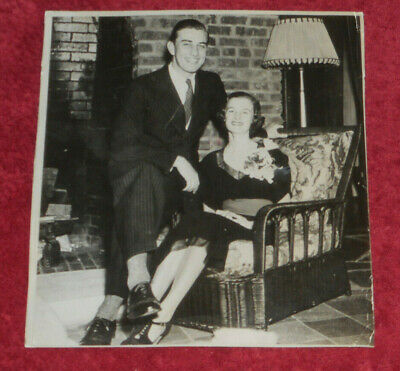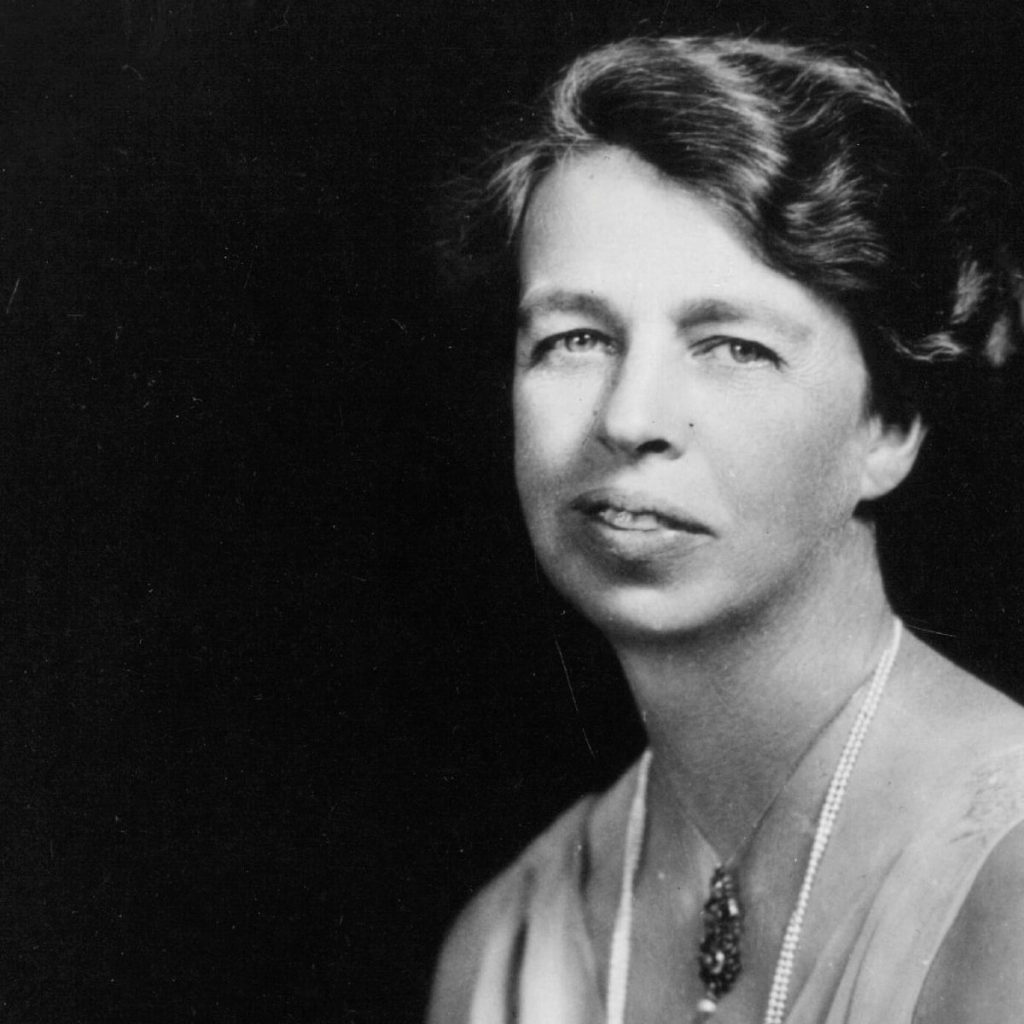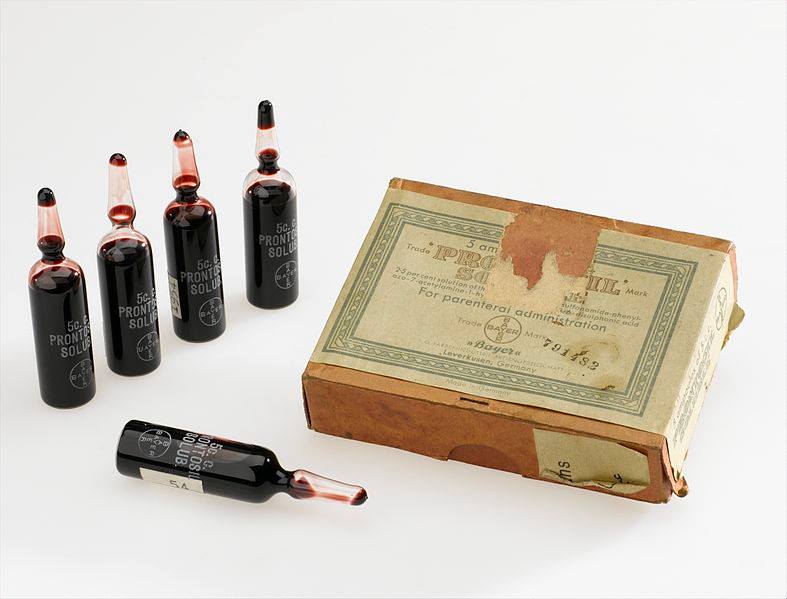Celebrity sells medicines – then and now
Seeing the steady stream of celebrities being used to encourage us to have our COVID vaccinations reminded me of a story I wrote about an early use of celebrity endorsement which helped successfully launch a new treatment.

FROM GERMANY WITH LOVE
If Beyoncé and Jay Z may be America’s “it” couple now, if you went back to the mid 1930’s it would have been FDR Jr and Ethel Du Pont.
Franklin Delano Roosevelt Jr was a Harvard student and the eldest son of the President of the United States. Ethel du Pont was the heir to the du Pont family fortune and so one of the richest socialites of her day. The paparazzi loved them and followed them to every event they attended, and their pictures filled the society pages.
Attending the Hock Popo Ski Club party at the Agawam Hunt Club, Rhode Island, in November 1936 was nothing out of the ordinary. Nor, at first, was the sore throat and slight cough that FDR Jr complained of the next day. It hadn’t even been bad enough for him and Ethel to leave the party early.
However, things soon changed. The throat got worse and a few days later FDR Jr had a fever and was put to bed. Just before Thanksgiving, and now diagnosed with an acute sinus infection he was admitted to the Massachusetts General Hospital in Boston.
Still nothing too much out of the ordinary or so everyone thought. He was a strong young man, and with some rest and something to take the fever down all would be well again.
Only it wasn’t. The infection didn’t clear up and in fact got worse. He remained in hospital. His mother, Eleanor Roosevelt was getting more and more worried and insisted on a new doctor, a top doctor specializing in ear, nose and throat.
Checking over his new patient the doctor was very concerned, there was a tender spot under his cheek which looked like it was infected and the beginnings of an abscess. He immediately took a sample and discovered a highly dangerous strain of strep, one that could release poisons and other infections into the blood stream. If that happened it could ultimately lead to the death of the President’s son.
While the White House medical staff considered the option of a risky surgical procedure, the new doctor remembered reading some reports about a new drug, Prontosil, developed by Bayer in Germany. The reports spoke of near miraculous results and initial tests at John Hopkins were also very positive.

He recommended it to Mrs. Roosevelt.
At first, she wasn’t sure but having read more about it and in the face of the still worsening condition of her son, she agreed.
Some carefully wrapped glass phials were duly shipped from Germany to the USA.

The doctor gave him a dose and followed it with further doses every hour.
Ethel sat in the room with FDR Jr, his mother sat outside working on correspondence. At first nothing seemed to be happening and the hours seem to stretch on and on but in the morning, things started to change.
The swelling around the abscess looked like it was shrinking. FDR Jr was sleeping better and seemed to have more energy when he was awake. Later that day his fever broke.
The doctors were amazed; never before, had they seen a strep case that was resolved so well and so quickly.
FDR Jr was released a few days after Christmas.
He would later marry Ethel (the first of his five wives), be decorated for his service in WWII and go onto serve three terms in Congress.
However, what he also did was prove that celebrity sells. Headlines in The New York Times and other prominent newspapers, the story of his recovery, and the role of the new wonder drug, heralded the start of the era of antibacterial chemotherapy in the United States.
MORAL: Celebrity sells. Is there a role for celebrity endorsement in your marketing?
Footnote: Eleanor Roosevelt had her own brush with celebrity endorsement. She agreed to do a commercial for Good Luck Margarine in which she said, “The new Good Luck Margarine really tastes delicious.” Not only did the brand fail, it wasn’t all good news for Mrs. Roosevelt either. Asked about it some time later she recalled getting a sack full of letters in which “one half was sad because I had damaged my reputation and the other were happy that I had damaged my reputation.”